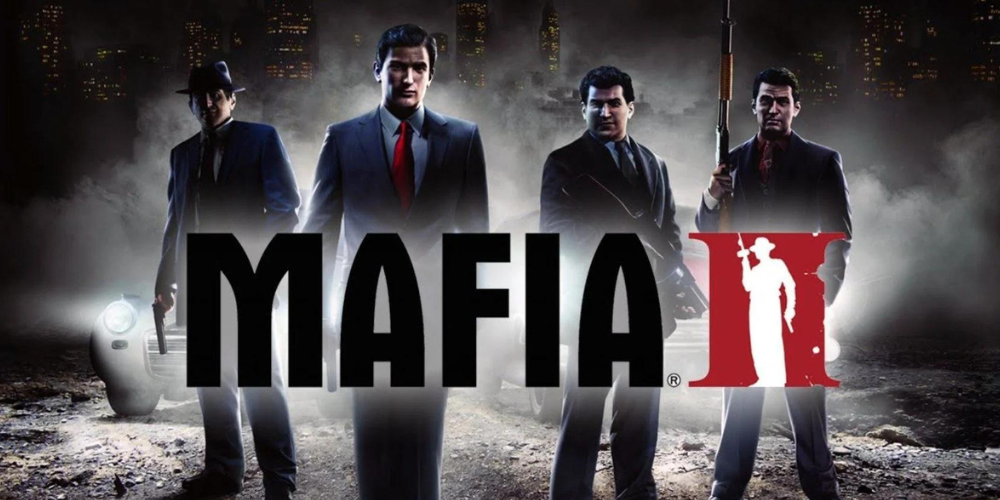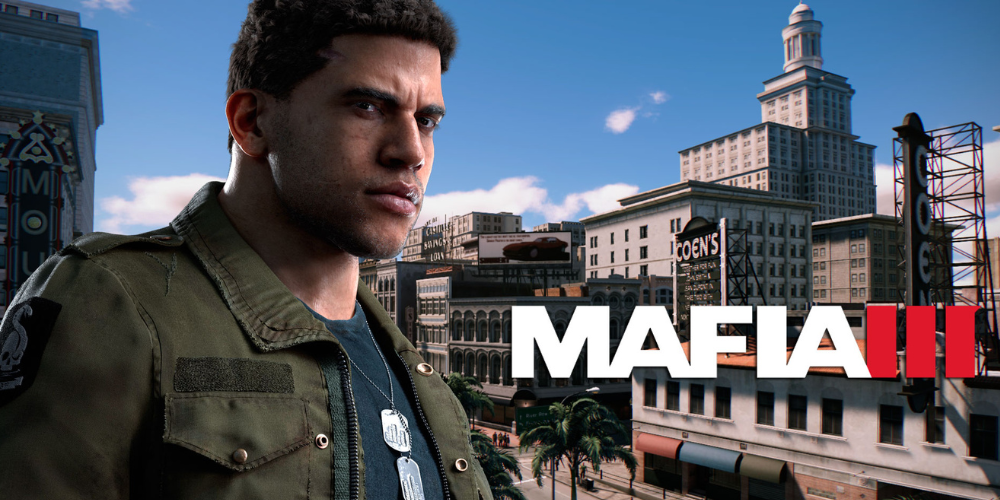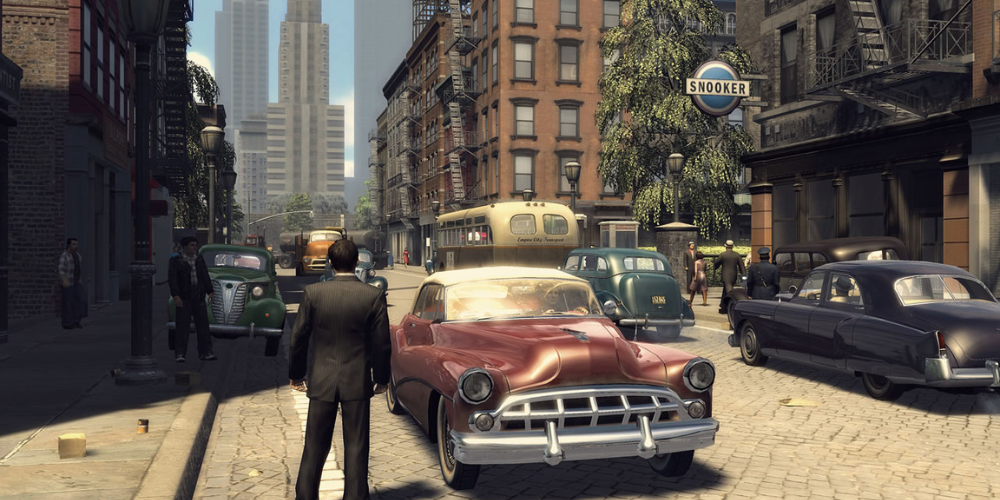
The "Mafia" game series, developed by 2K Czech (formerly Illusion Softworks) and published by 2K Games, is renowned for its immersive storylines and realistic depiction of the 20th-century American underworld. Released across multiple platforms, the series has evolved significantly since its conception in terms of gameplay mechanics and technological advancement. It has undoubtedly impacted the industry significantly, contributing to the evolution of narrative-focused open-world games.
Mafia

The series' first installment, "Mafia: The City of Lost Heaven," debuted in 2002. Set in the 1930s, players assume the role of Tommy Angelo, a taxi driver who reluctantly becomes involved in the Mafia after he helps two mobsters escape from a hit. This game was praised for its emphasis on story-telling and character development – a refreshing take on the often high-octane, action-focused genre. Moreover, the game's detailed recreation of a Prohibition-era city was hailed as a technical achievement, providing an engaging playground for players.
Mafia II

"Mafia II," released in 2010, transplants the action to the 1940s and 1950s, following the story of Vito Scaletta, a veteran of World War II who descends into a life of crime to pay off his father's debts. The intriguing story is complemented by the meticulously designed open world, enriched with period-accurate cars and music. Furthermore, the game introduced improved gameplay mechanics, dynamic weather effects, and visceral combat, all contributing to a more immersive player experience.
Mafia III

"Mafia III," which hit the shelves in 2016, marks a shift from the series' traditional Italian-American Mob narrative. The game is set in 1968 and centers on Lincoln Clay, a biracial orphan, and Vietnam War veteran, seeking revenge on the Italian Mob for the death of his surrogate family. The game expanded the concept of the open world, allowing players to complete objectives in various ways while also exploring themes of racism and social tension of the period.
Third-Person Shooter Leader

The impact of the Mafia series on the gaming industry should not be understated. It helped shape the narrative-driven open-world adventures and set the bar high for period games, inspiring other game developers such as Rockstar's incredibly popular "Grand Theft Auto" series. The meticulously detailed world, the focus on character development, and the sensitive handling of historical and social issues became trademarks of the series and have set a benchmark for other games in the genre.
Looking to the future, the prospects for the development of the series are exciting. Given the fans' acclamation for the remastered version of the original game, "Mafia Trilogy," there is considerable anticipation for a sequel. It would be compelling if the creators decided to traverse uncharted territories by examining new periods or exploring unfamiliar themes in the mob genre. Whatever path the developers choose, there is no doubt that the forthcoming evolution of the series will continue to captivate audiences and shape the landscape of the gaming industry.
In conclusion, the "Mafia" series has had a profound impact on the gaming industry, especially on the open-world genre. Its innovative take on storytelling, coupled with an outstanding presentation of the American underworld, set it apart from other games. There is no doubt that future installments from this series will bring exciting narratives and forward-thinking gameplay that will continue to influence the gaming industry.


